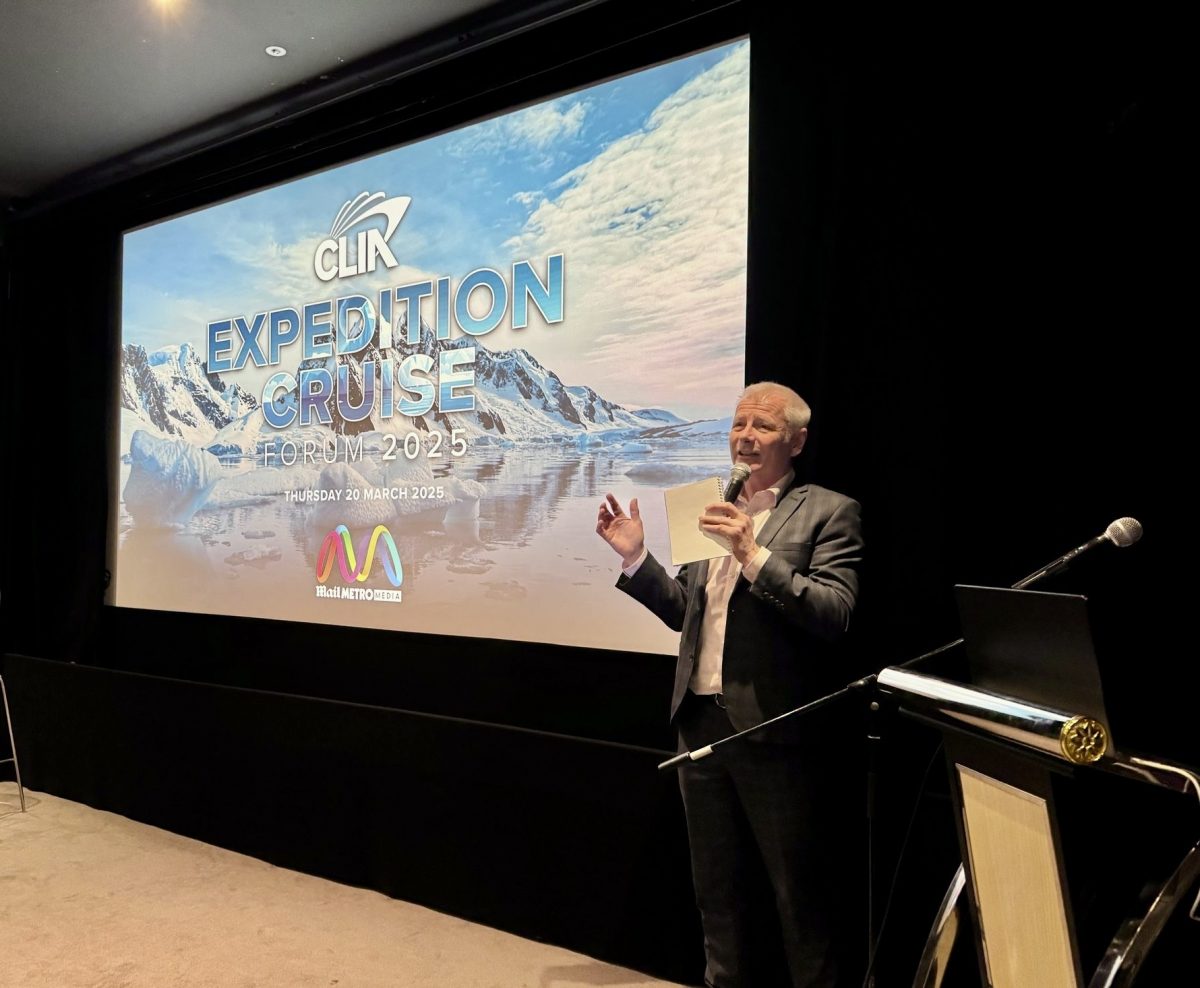GDS to get tough on passive-segment bookings
Sabre announced and other GDS are indicating that they plan to either increase charges for curb the increase in abusive use of passive segments or prohibit their use altogether by turning off the functionality.
The standing policy for the GDS was not to charge agents for a limited number of YK passive-segments to accommodate reservation records booked directly with the airline, the management of groups and management of the records when a consolidator holds the active reservation
The GDS are trying to control their loss of segment revenues paid by airlines when travel agents and airlines use YK passive-segments in an unauthorized manner, including ticketing off-line but still retaining the reservation record in the GDS or bookings made directly with suppliers on the Internet or using certain third party corporate booking tools, G2 SwitchWorks, ITA Software, etc.
Effective December 1, if an agency is deemed abusive, Sabre will give the agency five days to rectify the problem, after which the agency will lose the ability to enter YKs even if they are legitimate. To have the capability restored, the agency must agree to two conditions in writing: No incentives will apply to the YK bookings, and the agency will pay Sabre $2.50 per YK booking thereafter, reported Travel Weekly.
Policies regarding the GK passive segments are unaffected by this move.
In response to the GDS moves, Farelogix Inc., a provider of travel technology, reminded the industry that it provides the technology that travel agency and corporate markets can use to effectively manage travel without the use of passive segments.
“For a travel management company to modify their operational processes is not realistic,” said Jim Davidson, President/CEO of Farelogix and a previous President and CEO of Amadeus Global Travel, North America. “Agency and corporate travel companies require itineraries, quality control, invoicing, back-office, and full data searching and record keeping in order to operate their businesses and travel programs efficiently. The second requirement is to provide these capabilities in a single system.”
Farelogix’s Essential Bridging Technology, the Farelogix FLX Platform enables non-GDS booking elements to be integrated into and stored in its “super-PNR” database automatically. This enables all the elements of the total PNR to be easily integrated and synchronized, regardless of booking source, seamlessly passing the required information to the agencies quality control and back-office applications.
 United Kingdom
United Kingdom United States
United States Asia Pacific
Asia Pacific












































Royal Caribbean issues Legionnaires’ disease warning
Qatar Airways adding Manchester flights
Jet2 unveils Samos as new Greek destination for summer 2026
EU entry-exit system delayed again
ATC strike in Greece could disrupt flights this week